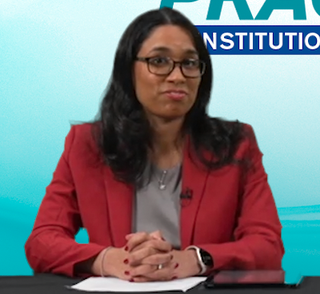
Breast Cancer
Latest News
Video Series

Latest Videos
Shorts
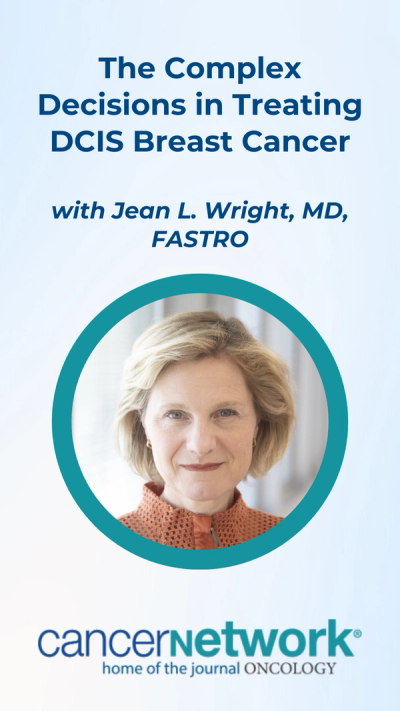
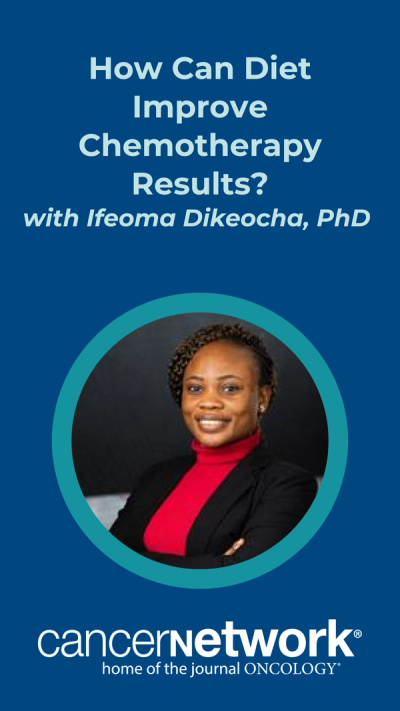

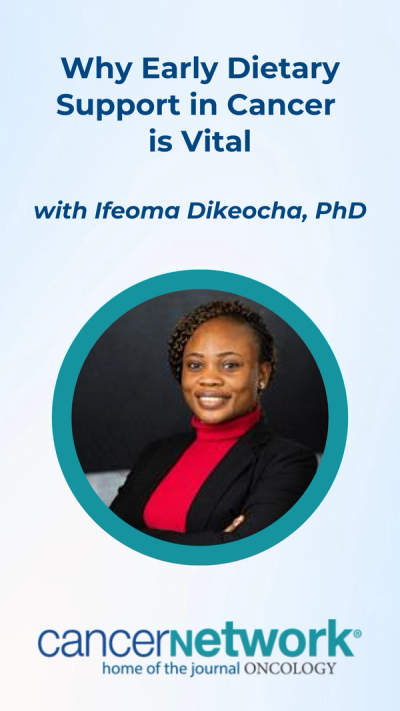


Podcasts
CME Content
More News

The FDA held a Type B meeting regarding the use of d3-T, a form of testosterone, and the risk of developing breast cancer in women.
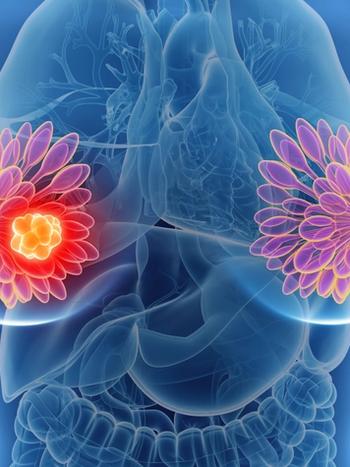
Paxalisib combined with pembrolizumab and chemotherapy showed preliminary activity in patients with metastatic triple-negative breast cancer.

The BC-RADS-2 study aimed to address diagnostic delays and cancer care disparities of patients with breast cancer in low- and middle-income countries.

In the ASCENT-04/KEYNOTE-D19 trial, sacituzumab govitecan plus pembrolizumab significantly extended PFS in patients with first-line metastatic TNBC.

The FDA accepted the NDA for gedatolisib for HR+/HER2–, PIK3CA wild-type advanced breast cancer after it reduced the risk of disease progression or death.
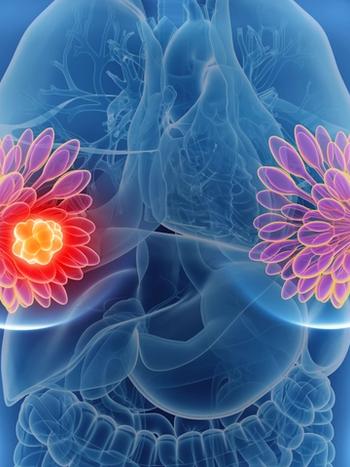
The marketing authorization was based on results from the DESTINY-Breast09 trial assessing T-DXd/pertuzumab in first-line HER2+ metastatic breast cancer.

Investigators used the NCCN Distress Thermometer to identify psychological distress in Nigerian patients with breast cancer in a cross-sectional study.

Researchers highlight the importance of geriatric assessments and patient-centered outcomes to manage unique physiological and functional challenges in older breast cancer survivors.

Previously, the phase 2 EVANGELINE trial assessed treatment with (Z)-endoxifen in this patient group.
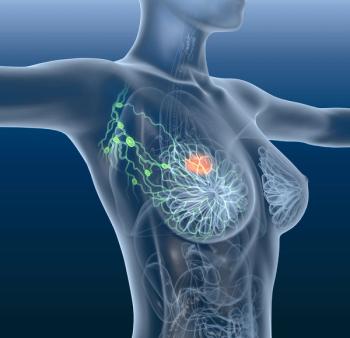
Nurses preferred the FreedomEDGE infusion system compared with the manual push technique in a retrospective survey study.

VCU Massey Cancer Center is utilizing L-Dex bioimpedance spectroscopy to move toward a preventative model for lymphedema.

The use of bioimpedance spectroscopy takes under 2 minutes and can help detect lymphedema before symptoms appear.

Data from a phase 2 study may support a novel mTOR inhibitor-based regimen in previously treated, HR-positive, HER2-negative breast cancer.
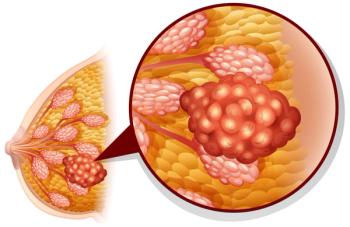
The addition of zovegalisib to fulvestrant led to rapid declines in PIK3CA and ESR1 ctDNA in the HR-positive/HER2-negative advanced breast cancer group.

Safety data from ASCENT-03 support sacituzumab govitecan as an effective therapy with manageable toxicities in advanced triple-negative breast cancer.

Kandance P. McGuire, MD, FACS, breaks down what lymphedema is and why it may be detected later.

Exploratory data from a phase 3 study may help optimize adjuvant endocrine therapy choices in hormone receptor–positive, HER2-positive breast cancer.

Results from the DESTINY-Breast05 trial revealed that T-DXd was superior to T-DM1 in these patients with HER2-positive early breast cancer.

Unadjusted post-recurrence OS was numerically lower with palbociclib plus endocrine therapy vs endocrine therapy alone in the phase 3 PALLAS trial.

“VIKTORIA-1 is the first study to demonstrate a statistically significant and clinically meaningful improvement in PFS with PAM inhibition in patients with PIK3CA wild-type disease, all of whom received prior CDK4/6 inhibition,” said Barbara Pistilli, MD.

Data from the phase 3 PHILA study support pyrotinib plus trastuzumab as a therapeutic strategy in HER2-positive metastatic breast cancer.

Data from the PREFER study may provide evidence for improving oncofertility counseling for premenopausal women with early breast cancer.

“This trial supports the value of a functional RAD51-based HRD assessment to refine patient selection for PARP inhibitors,” said Isabel Pimentel, MD.

The risk of pain deterioration was similar with T-DXd/pertuzumab vs standard of care in the DESTINY-Breast09 trial.

Subgroup data from the phase 3 DESTINY-Breast05 trial further characterize the clinical benefit of T-DXd over T-DM1 in this breast cancer population.








